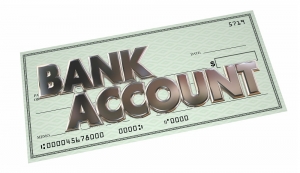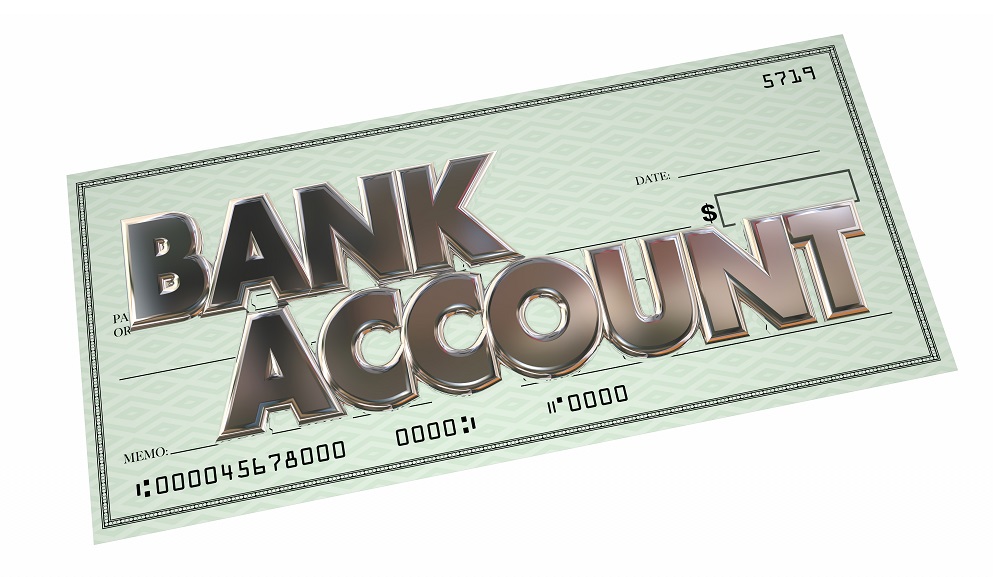What Happens to a Bank Account During Bankruptcy?
 Those looking forward to a Chapter 7 bankruptcy filing in Arizona are primarily concerned about their assets and property. Will everything be liquidated? Will real estate be affected? How about savings?
Those looking forward to a Chapter 7 bankruptcy filing in Arizona are primarily concerned about their assets and property. Will everything be liquidated? Will real estate be affected? How about savings?
You can have some money in the bank saved for the future, for an emergency or for a particular goal. Does a bankruptcy filing mean you’ll have to save goodbye to the entire amount? In Arizona, there are certain bankruptcy exemptions and here’s how they apply to bank accounts or savings.
Personal Savings and Chapter 7 Liquidation
Arizona bankruptcy law does envision a bank account exemption. Unfortunately, the sum is a relatively small one.
You can have 300 dollars in a checking or saving account that will not be liquidated for the purpose of covering your debt and getting a discharge. The sum is 600 dollars for married couples.
If you go through with the Chapter 7 bankruptcy filing, you’ll have to turn the rest of your money in the bank account over to the bankruptcy trustee. The trustee will then distribute the money among your creditors to cover priority debt.
The rule applies to the amount held in a bank account by the date on which you do the bankruptcy filing. If you make a deposit later on, that sum will not be added to the bankruptcy estate and it will not be put towards covering your debt.
Can You Withdraw Your Savings before Bankruptcy Filing?
Based on what you’ve learned in the section above, you may think that withdrawing funds from your bank account before moving forward with the bankruptcy filing is the best thing to do. Such a decision will help you keep your hard-earned cash, right? This isn’t the case and you should definitely refrain from withdrawing large sums of money before doing the Chapter 7 filing.
Trying to hide some assets and funds from your trustee could be perceived as bankruptcy fraud.
If this information ever surfaces, you will not get your bankruptcy discharge. Even worse, there could be charges pressed against you if you intentionally try to conceal a certain amount while attempting to do a discharge.
If you have a larger amount in your bank account, it would be wise to talk to an Arizona bankruptcy lawyer before initiating any action on your own. Your attorney will give you a better idea about the exemptions and the ways to protect your assets without committing bankruptcy fraud.
Checking and Saving Accounts in a Chapter 13 Bankruptcy
Those who are doing a Chapter 13 bankruptcy filing will face a different situation.
Unlike the Chapter 7 bankruptcy, a Chapter 13 filing does not lead to liquidation. Instead, your bankruptcy trustee will work on a payment plan that will help you cover some of the debt you’ve accumulated. Any sum left after the expiration of the payment plan period will be discharged.
When you do a Chapter 13 filing, you remain in possession of all your assets. A payment plan calculation is made on the basis of your disposable income. As long as you’re capable of making the Chapter 13 instalments, you have no reason to worry.
The one instance in which you could face issues is owing money to the bank where your account is held. If this happens, the bank has the right to set off the debt owed against the funds available in your checking or saving account.
This right is available to banks at all times and it’s not activated solely in the event of a bankruptcy. Usually, however, banks will attempt to address the issue in an alternative way before a set off is introduced.
Click here for information on Arizona bankruptcy and protection of your retirement account.

